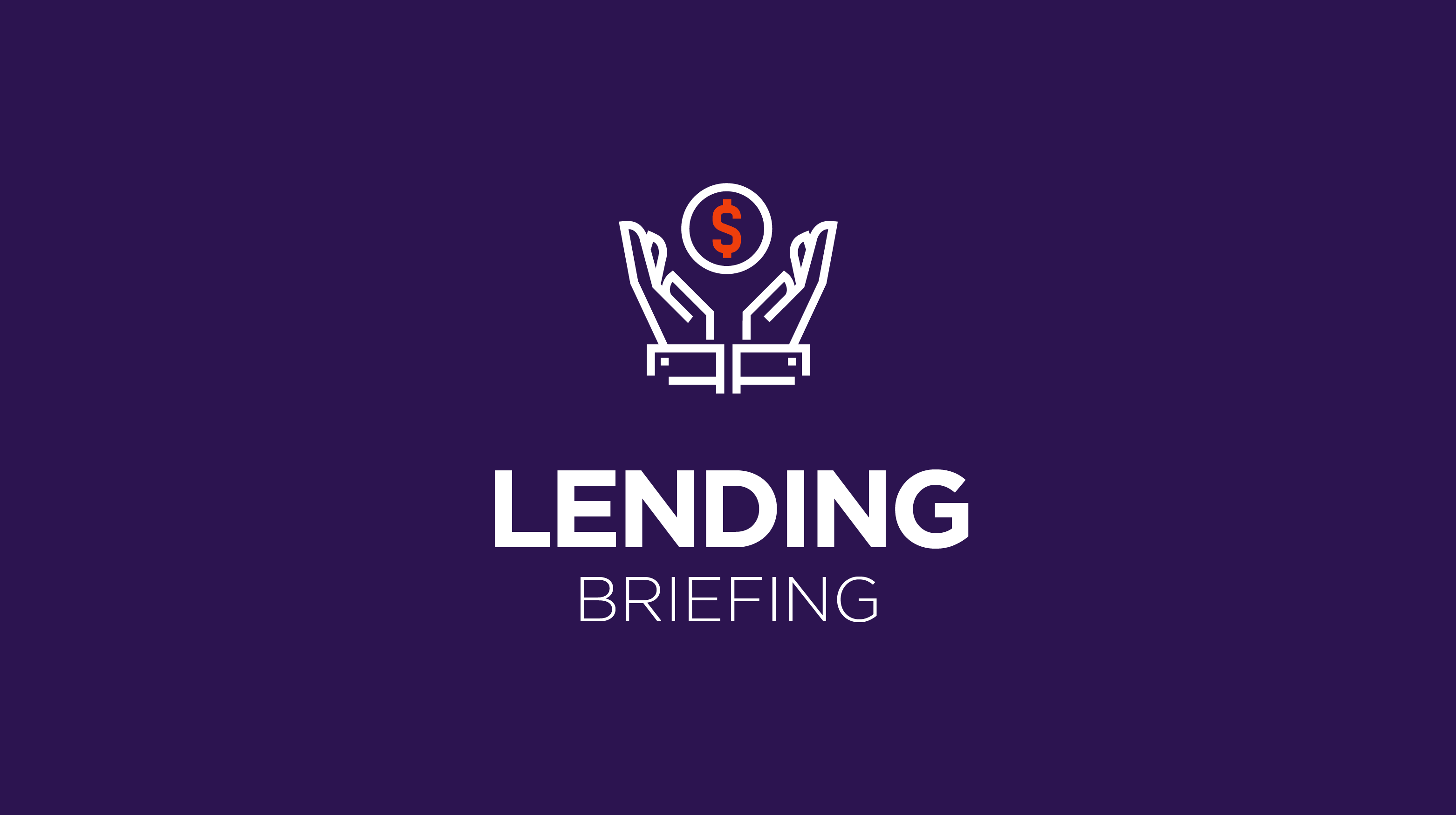Member Exclusive
Lending Briefing: Fraud and BNPL credit scores
- Fraud is starting to become a bigger issue in financial services, with both banks and fintechs getting increasingly targeted by fraudsters.
- The rising popularity of BNPL products is paving the way for new products and services from legacy players - Experian is launching a separate BNPL specific credit score this spring.








